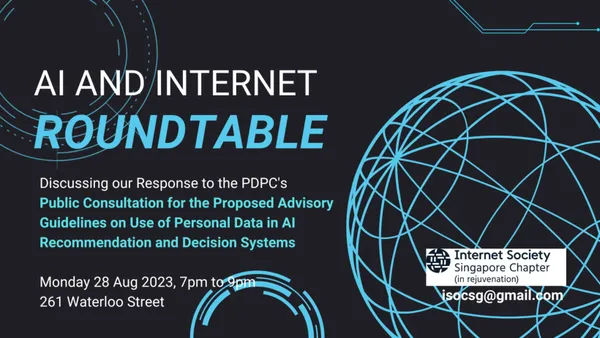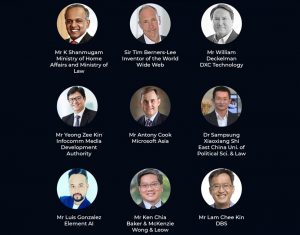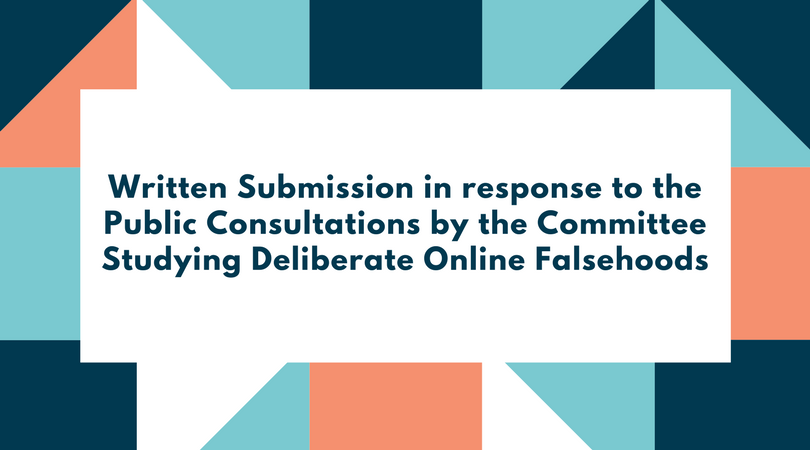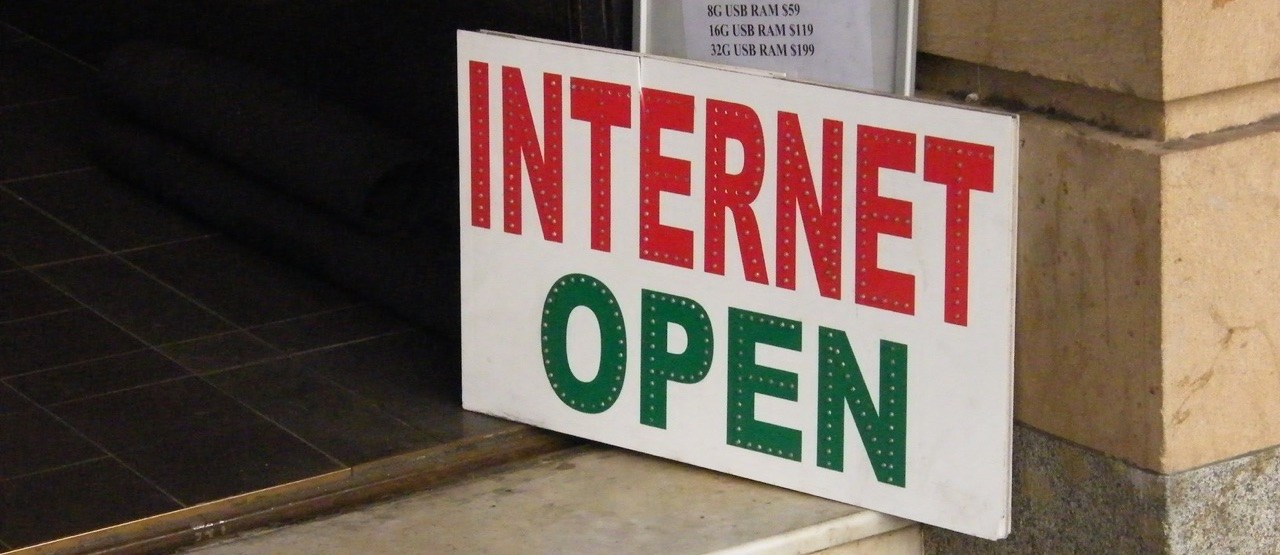When: Friday, January 24⋅7:00 – 9:00pm
Where: WeWork at 15 Beach Road, Beach Centre, Room 1A
We are at last ready to resume normal operation of ISocSG! Please join us for our 2025 AGM and a feedback session on new standards from IMDA and CSA.
AGM agenda
– Credentials
– Previous minutes: adoption and matters arising
– Committee report on FYE2024
– Financial report on FYE2024
– Election of officers
– Minor constitutional amendments (e.g. updating the financial year to be the calendar year)
– 2025 activities
– AOB
Feedback session agenda
– Data Protection Trustmark
– Tiered cybersecurity standards for organisations (TR 106)
Membership subscriptions
Only members who have paid this year’s annual subscription are eligible to participate in the AGM. As we’ve not yet regained access to our bank account we can only accept payment by cash at the meeting this time around, so we’ll take some time prior to opening the meeting to collect payments. Annual subscriptions are as follows:
- $50 for working individuals.
- $30 for tertiary students and NSmen.
- $20 for secondary school students and retirees.
- $200 for corporates.
Renewing members need only pay the amount above. For people wishing to apply to become a member, there will also be a short application form to complete.
People wishing to appoint a proxy to the meeting (see below) will also need to have their proxy pay the subscription on their behalf, in addition to the proxy’s own subscription.
Nominations
Nomination in advance of the meeting is encouraged as it gives nominees time to think through what they want to do, however our constitution also permits nominations at the AGM. For nominations in advance, please email [email protected] by 23:59 Thursday Jan 23 as follows:
Proponent:
I {name} nominate {name} for the role of {role}.
Seconder:
I {name} second {name} for the role of {role}.
Nominee:
I {name} {accept/decline} nomination for the role of {role}.
Please CC the nominee in any nomination and seconding. Also, we’d suggest that it is courteous to check with the nominee privately before nominating them to begin with. That is: although a nominee can formally decline (or even not respond), ideally this situation should not arise in the first place.
The proponent and seconder must be two different people, neither of them being the candidate. Members may make or second nominations for any number of roles, but not more than one candidate for each role.
The roles to be filled are as follows:
- President
- Vice-President
- Secretary
- Treasurer
- Programme Officer
- Education Officer
Proxies
Renewing members may appoint a proxy by emailing [email protected] by 23:59 Thursday Jan 23 as follows:
I {name} hereby appoint {name} to serve as my proxy at the 2025 AGM, and any adjournment thereof.
We’d encourage leaving proxies undirected (e.g. as above) — particularly because our constitution doesn’t require that the list of nominees for officer elections be finalised in advance of the meeting — however we’ll make reasonable efforts to accommodate directed proxy appointments if any are lodged.
Anyone appointing a proxy should make arrangements for the proxy to pay their subscription in cash at the AGM, in addition to the proxy’s own.
We’re not looking to accept proxy appointments by people wishing to apply to become a member, however we’ll consider requests on a case-by-case basis.







